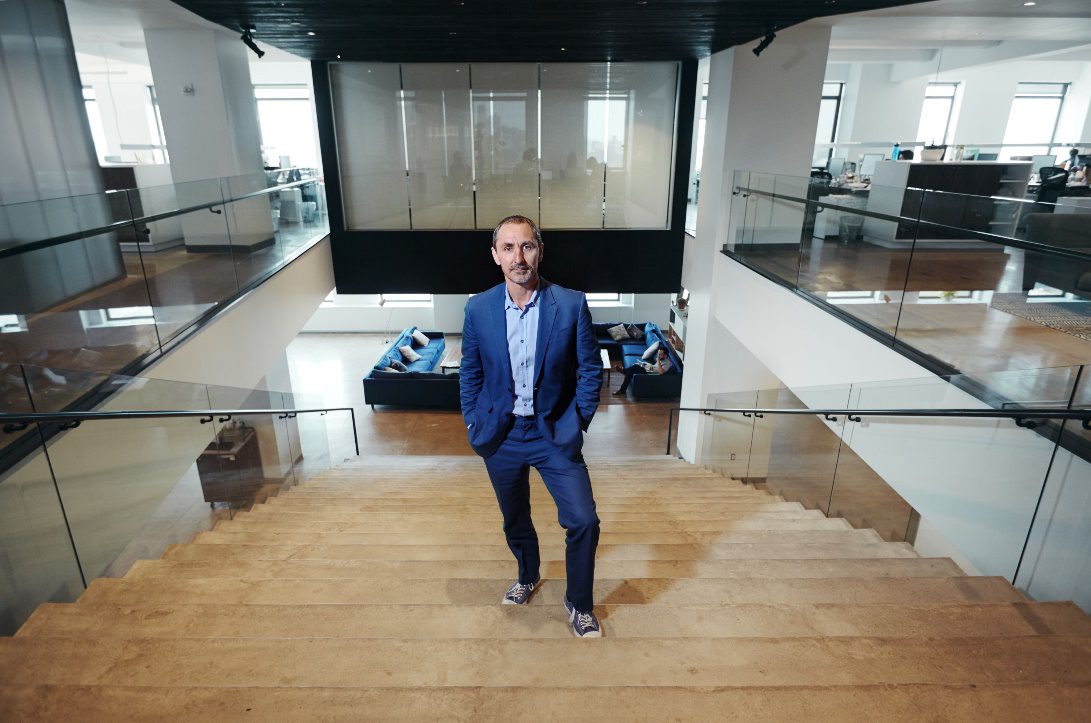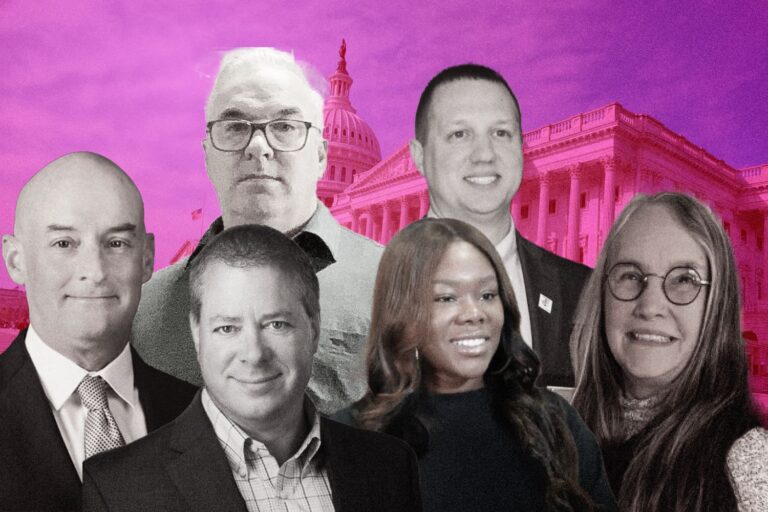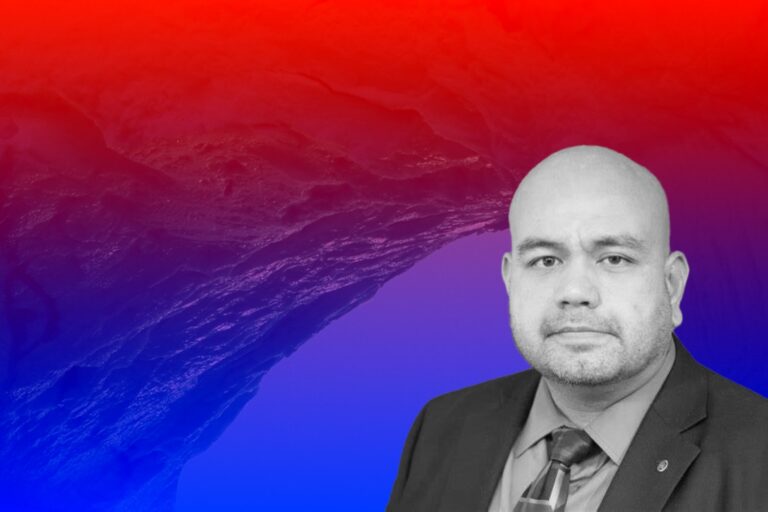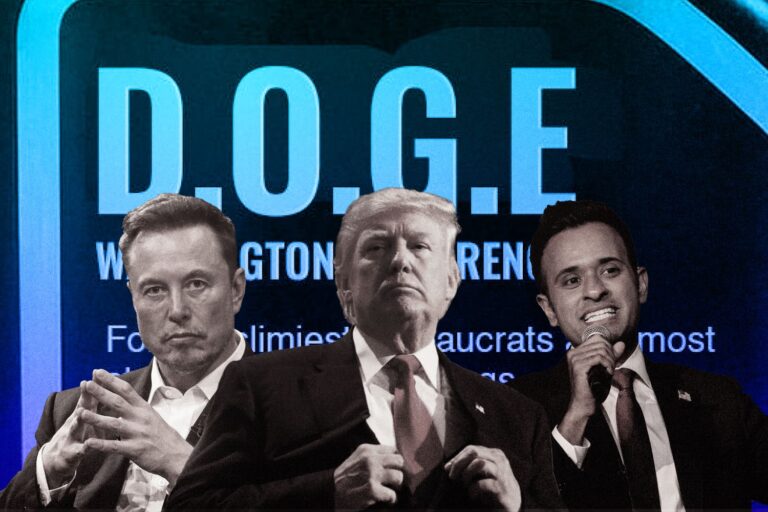The Vocal Critic of Creative Advertising Industry: David Droga
David Droga is an Australian advertising executive and the founder and chairman of Droga5, an advertising agency headquartered in New York City with an office in London. In 1990, Droga became a Partner and Executive Creative Director of OMON Sydney. At the age of 28, he moved to Singapore to become Executive Creative Director of Saatchi & Saatchi Singapore and Regional Creative Director of Saatchi Asia. In a position of Executive Creative Director of Saatchi & Saatchi, he has achieved for Media Marketing named Saatchi Asia Regional Network of the Year and Advertising Age named the Singapore office International Agency of the Year.
In few years, Droga was promoted to Executive Creative Director of Saatchi & Saatchi London. Undoubtedly, Advertising Age awarded Droga the World’s Top Creative Director for his contributions for advertising industry. Saatchi & Saatchi London won Global Agency of the Year at the Cannes International Advertising Festival and both Advertising Age and Adweek named Saatchi Agency of the Year.
In 2006, Droga founded his own agency, Droga5. Droga5 has received various top industry awards from Advertising Age, Adweek, and the Cannes Lions International Festival of Creativity. In December 2019, Adweek named Droga5 its Agency of the Decade, followed by Advertising Age in April 2020. Droga5 was also named Adweek’s US Agency of the Year in 2012, 2014, and 2016. The agency was named Independent Agency of the Year at the Cannes Lions International Festival of Creativity in 2015, 2016, and 2017. It has appeared on the Advertising Age A-List for nine consecutive years (2010–2018) and was named one of Fast Company’s World’s Most Innovative Companies in 2013, 2017, 2019, and 2020.
How David Droga Leverages His Creativity to Create the His Uniquely Advertising World
For David Droga, the notion of give and take turned out to be a game-changer for his award-winning advertising agency.
At the core of Droga5’s mission is impact: What they call creativity with a purpose. Droga counts himself fortunate to be amongst the first generation of business leaders who do not have to choose between building a robust business with global reach and giving back to society. For all the success Droga5 is having, the goal is not simply growth. Droga says that the company focuses on the projects they take on, making sure that the mission and actions of the companies align with those of the agency. They have earned a reputation as an innovator of sustainable ideas built around social good. “We can be problem solvers so that it’s more than just about creating ads,” he says. “We’re very much an advertising agency, but it’s not about creating ads as we know it.”

And Droga has been quite outspoken about the state of advertising as we know it, saying that 90% of advertising is pollution and that the industry, which has the potential to impact every sector, can and should do better. Droga seeks to set an example with his work, creating something positive that elevates the industry. “Inspiration or emulation, I’ll take either,” Droga says.
Droga5 attracts like-minded individuals who are creative, kind and ambitious. “They’re generous with their time, with their support, with their nurturing,” Droga says. “We’re still a competitive, high-performing place but what makes a difference is there’s a backbone and great ethos here. It’s not succeeded at any cost; it’s succeeded the right way.”
Droga’s forte is not in handing over large donation checks but instead he prefers the investment and emotional attachment that comes with using his skills for good. “Ideas more than ever can make the biggest difference in the world,” Droga says. “We’re communicators, we’re problem solvers and we’re lateral thinkers and there’s nothing that can’t be improved with that. The world needs us, and we want to be needed.” Engaging the resources and talent at the agency to make a difference is an integral part of the company.
At Droga5, the starting place with a client is not what the campaign is going to look or sound like but what is the impact going to be. That approach may require stepping away from the project, sharing the project with others or admitting a lack of expertise. “Generosity is as much showing your vulnerability as it is your passion for something,” Droga says.
Its approach is honest, down-to-earth, approachable and entertaining. To help Obama win Florida in the 2008 election, Droga5 enlisted Sarah Silverman for The Great Schlep. The video encouraged Jewish grandchildren to visit and convince their grandparents to vote for Obama. The program lived or died by people taking on the idea and making it happen.
Droga is content to create original and engaging work that has an impact on society beyond just the bottom line, even if it prevents them from becoming a billion-dollar company. “I believe we’re doing it the right way for us,” Droga says. “Our ambitions are not limited to quarterly results. Our ambitions are linked to a belief in what we do. And one of the definite privileges of success is being able to see beyond yourself.”

Droga credits his polar opposite parents with teaching him to value the connection between philanthropy and business, giving and taking. His mother, a fiery poetic Danish activist, raised her children to be about contribution, art and love, while his father, a successful entrepreneur, raised his children to conquer the world. Although seemingly contrary forces, neither one was meant to be at the expense of the other and there is an unlikely harmony between the two, much as there is in Droga himself and the business world today.
“There is a lot of good fortune in the upbringing I had that gave me that balance of both sides, a lot of good fortune that I was given a creative talent, a lot of good fortune that I found a job where I could actually put that in and build a business,” Droga says. “I am grateful for that. I’ve always thought that one side of being grateful is to spread it a little bit.”
Droga finds that many people go into business thinking they want to be a success so that they can do good in their second act. “I’ve never been one of those people,” he says. “Turn your first act into that thing. The sign of this agency’s success is that we do not have to build this entity so that we can afford a foundation in years to come. I just do not feel like I am having to play a part, pretending to be someone I am not. It’s seamless and I only have one life.”
Is It the End of Creative Advertising Emperor Droga5 When Accenture Interactive’s Acquisition of It?

It is always quite refreshing when something actually happens in the advertising industry. Aside from the usual revolving door of people and clients of course. Overwhelmingly, the news of Accenture and its purchase of Droga5 for an undisclosed sum made a new level for advertising.
Brian Whipple, CEO, Accenture Interactive, said “Whether it is Amazon or Uber, brands at presently does not solely depend on advertising to drive businesses. Brands now focus on creating a seamless efficient human experience. For instance, if you are to work for a restaurant brand, will work for a restaurant brand, we will work towards creating a strategy to reinvent the dining experience.”
Consultancies have been creeping into agency turf for years now. But even in light of Accenture Interactive’s purchase this week of award-winning creative agency Droga5, the idea that they will wipe out ad agencies altogether has been overplayed. And what is disproving that all-too-common narrative of recent months is the increasing success of smaller shops. In 2019, the ad business centers on offering a mix of data and creativity, and small and nimble agencies seem to do it best at—a lower cost.
Rising agency players like Giant Spoon, gyro, Heat, Oberland, and Phenomenon are leaving their marks on the industry by combining speed, data, creativity, digital products (apps) and marketing optimization. Rest assured that Accenture Interactive and Droga5 will do their level best to provide a similar combination of services as soon as possible, and they will likely succeed.
According to Whipple, brands now want strategies which are a combination of business and creative solutions. Droga5, post the completion of the acquisition in May this year, is part of Accenture Interactive.
Agreed, David Droga said that cited the example of anti-Superbowl campaign created for liquor brand Newcastle, that while the ad performed tremendously well for audiences, the campaign did not have a positive impact on the sales. The reason was that the in-store agency was not involved. “I do not want to be the best interior designer, who has no idea about other side to the process of constructing a house. The idea is to provide an end-to-end solution,” Droga said.
As an industry leader and the founder of one of the most iconic independent agency brands, this couldn’t happen to a nicer person. Droga was always irrepressible.
Before he left Singapore for London in 1999, he was the loudest and the hardest to please of all the executive creative directors running agencies at that time. And Saatchi took a big decision to put him in charge in London.
It was a risk on several levels, but they needed someone green enough, passionate enough and pushy enough to shush up the creative department at Charlotte Street. And within a year – during which he famously told the account managers that he would have their heads if they did not pull their socks up – he had already started to flex his muscles at Cannes.
He takes risks because he completely believes in himself. And that belief creates the kind of belief in others that acts as a magnet for the best talent in a place where everyone can and is expected to be excellent and everyone takes it personally. That then creates momentum.
Even as the two companies work towards creating seamless strategies, the challenge resides in bringing the two cultures together. “Together techies and creatives can create life changing solutions. In fact, there is a tremendous interest among brands about the kind of offering we will bring to the table,” Whipple added.
According to Droga, together the teams will be able to build real life products, which will have a life changing impact.
For Whipple, most of the divisions including e-commerce, direct marketing, Computer-generated imagery (CGI) are up now. “This will allow us to make real progress,” he noted.
“The future resides in being relevant and the coming of these firms allows to do that,” Droga said.
The Accenture-Droga5 marriage has made waves and may alter the scene, but it does not represent a future devoid of ad agencies. The future will instead reflect what modern clients need—ad agencies that can move quickly. And there is nothing wrong with that. Just ask the rest of the business world, where the money still flows but now races toward new kinds of businesses that are built on speed.
Will Droga5’s Distinguishing Creativity Be Vanished After Accenture’s Purchase?

Accenture has promised to celebrate and preserve Droga5’s creative culture. “We really want Droga5 to do its thing,” Glen Hartman, senior managing director at Accenture Interactive North America and global digital marketing, told Campaign.
Accenture’s plan is to keep Droga5 as its own entity within the group, which includes agencies such as Karmarama in the UK and Rothco in Ireland. Droga5 will collaborate with those shops on behalf of Accenture clients and operate under the same P&L, but maintain control of its culture and growth trajectory, Hartman claimed.
As Dylan Williams, chief strategy officer at Droga5 London, explained: “Our culture is part of our competitive difference. It’d be remiss of anyone who wanted to partner with us to in any way reduce that competitive advantage.”
It certainly seems an odd coupling, pairing the staid-seeming Accenture with the agency known for work including a modern dance performance for Uniqlo and a Barclaycard ad starring quirky crystal sellers. But while Accenture aims to boost its creative pedigree, Droga5 is hoping the deal will allow it to expand on more of its weird, non-traditional ideas.
If the agency can deliver on that promise, it might “keep the best creative talent we have in the building now continuing to work with us for the next decade”, Williams added. Preserving that culture will be the ultimate test in a deal that promises more upheaval in the ad industry.
The Anticipation of David Droga on The New Journey of Advertising Post COVID-19
David Droga articulated that now more than ever, brands must strive to be self-aware, and that inundating your audience with messages about social distancing misses the mark. Instead, he said, it is time to inject a little humor into advertising–because in dark times, people want to feel better. He summed up this philosophy with one succinct message: “Just create shit that people want.”
Droga also weighed in on a range of other subjects including creativity, the future of the workplace, and what coming back to work might look like.
The Return of Familiar Workstation
If a Covid-19 vaccine was developed and launched, offices will likely return to their old, familiar look, Droga anticipated. Because the extra precautions, though necessary, are stifling and distracting. “If you create an environment that feels sterile, what’s the point?” he said. “If I am talking to you through a Hazmat suit, I am going to be thinking more about the color of the suit and why you chose that color.”
The Automated Trends Emerging for Clients and The Downsize of Advertising Business
The advertising business will see a contraction, Droga said, since global clients do not need an agency with offices everywhere. There will always be a place for humans in advertising – winning hearts and minds means being emotional, heartfelt, and thoughtful, after all – but many forms of marketing can be automated. For instance, “If Maserati starts to give its cars away, you don’t need incredible advertising,” he said. “You can have a bot spread the word.”
Influencer Advertising Will Be Ramificated
Droga cited a saying in advertising: “If you don’t have a good idea, get a celebrity.” The days may be numbered for that strategy, however. Some brands and agencies may continue to use celebrities and influencers, he said, “but the idea that you are someone I want to listen to just because you’re famous doesn’t matter anymore.”
Common Advertising Mistakes
When you are new to advertising, Droga said, strive for greater clarity and consistency. Many brands endeavor many different approaches hoping that one sticks – which only demonstrates that they do not know what they are doing and how they could get customer’s awareness. That may be a result of forgetting to inject passion into their businesses. “Don’t stop giving a crap once you walk into the office,” he said. “Just care. Caring is free.”









